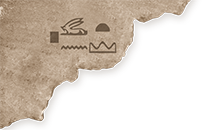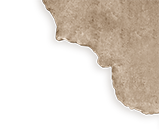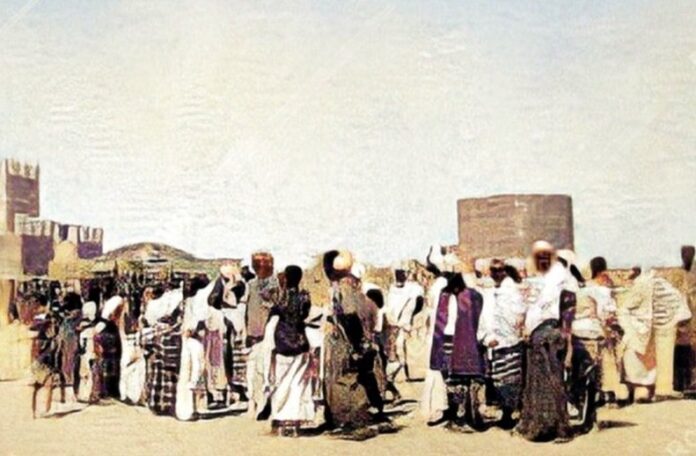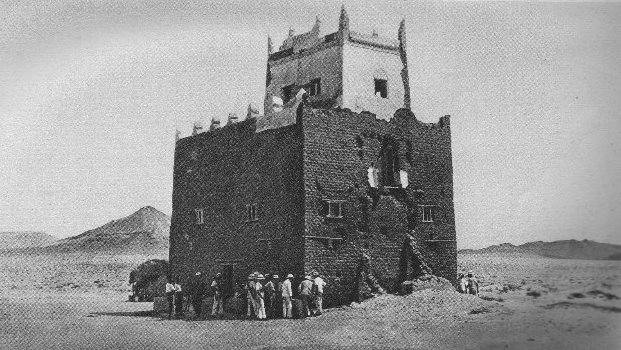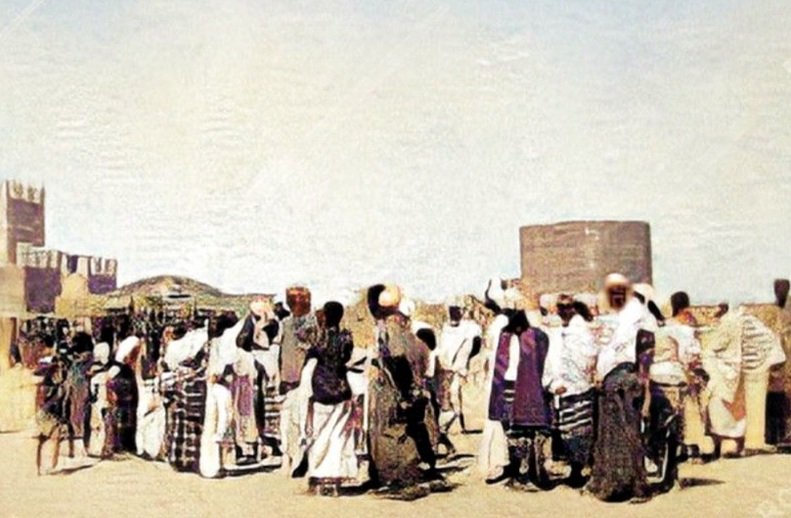Garowe, the vibrant capital of Puntland, is a city steeped in history, resilience, and cultural pride. Often called “Amni badan” (Somali for “safe haven”), this administrative hub has evolved from a small settlement into a symbol of freedom and growth. Let’s journey through its past and discover how Garowe became the heart of Puntland.
Long before it was a modern city, Garowe was part of the influential Majeerteen Sultanate, a powerful kingdom that dominated Puntland in the 19th century. Ruled by Boqor Osman Mahamud, the sultanate thrived on trade, livestock, and strategic alliances. Garowe’s location in the semi-arid Nugaal Valley made it a natural crossroads for nomadic communities and traders moving between the coast and inland regions. The area’s frankincense and myrrh trees, still harvested today, were prized commodities linking Garowe to ancient trade networks.
In the early 20th century, Garowe, like much of Somalia, fell under Italian colonial rule. The Italians incorporated it into “Italian Somaliland”, focusing on infrastructure projects and administrative control. While colonial records from this period are sparse, Garowe’s role as a regional center grew, setting the stage for its future importance.
Somalia gained independence in 1960, and Garowe became a district capital under the newly formed Somali Republic. Political instability and central government neglect left the region underdeveloped. By the 1970s, Garowe was reassigned as the capital of the Nugal region, a move that solidified its administrative role but did little to curb growing tensions.
The Somali Civil War (1991) plunged the country into chaos, but Garowe emerged as a beacon of hope. In 1998, the city hosted a landmark “three-month constitutional conference”, bringing together clan elders, intellectuals, and civil society leaders. This gathering birthed the autonomous Puntland State of Somalia, a self-governing entity focused on security, governance, and rebuilding. Garowe was chosen as Puntland’s capital, a decision that transformed it into a political and cultural nucleus.
The conference wasn’t just symbolic. It laid the groundwork for institutions like the Puntland parliament, presidential palace, and regional ministries.
Since 1998, Garowe has grown exponentially. Its population now exceeds 485,000, with urban areas expanding to accommodate new residents. Key milestones include:
- Infrastructure Development: A 750-km highway connects Garowe to cities like Bosaso and Galkayo, boosting trade. The Garowe International Airport, though modest, links the city to Mogadishu and beyond.
- Education Hub: Home to Puntland State University (founded in 2004) and branches of East Africa University, Garowe attracts students nationwide.
- Government Landmarks: The presidential palace (opened in 2013) and the Mire Aware Stadium (hosting national football tournaments) reflect its rising status.
Despite challenges like droughts and limited resources, Garowe’s economy thrives on livestock, agriculture, and remittances from its diaspora. The city’s markets, like the bustling “Suuqa injida”, showcase our craftsmanship and entrepreneurship.
Garowe’s culture is deeply tied to our traditions. Tea (“shaah”) ceremonies, poetry, and communal gatherings remain central to daily life. The city’s hot desert climate with scorching summers (up to 41°C) and mild winters shapes its rhythms, from seasonal livestock migrations to outdoor markets.
While security concerns persist, Garowe’s relative peace has made it a destination for displaced families and international NGOs. Initiatives like tree-planting campaigns and sanitation drives highlight its commitment to sustainability.
Garowe stands as a testament to Somalia’s resilience. Its story, from a sultanate outpost to a self-governed capital, inspires hope for the region. As Puntland continues to navigate political and economic challenges, Garowe’s role as a center of education, trade, and culture will only grow.
For travelers daring to explore, Garowe offers glimpses of SOMALI heritage: the grandeur of our presidential palace, the energy of our universities, and the warmth of our people. It may not be a typical tourist spot, but its history is a compelling chapter in Africa’s narrative of survival and reinvention.
